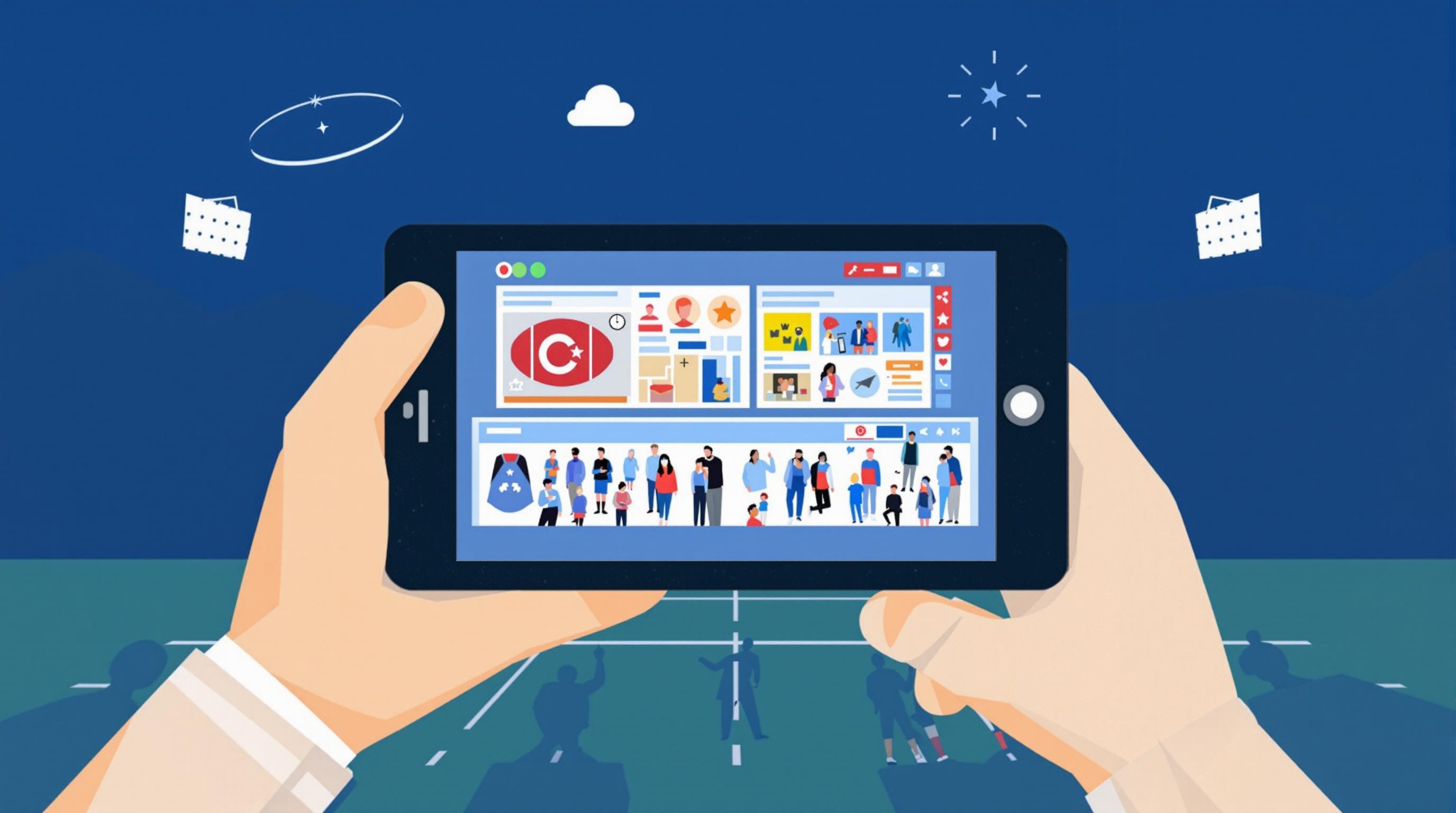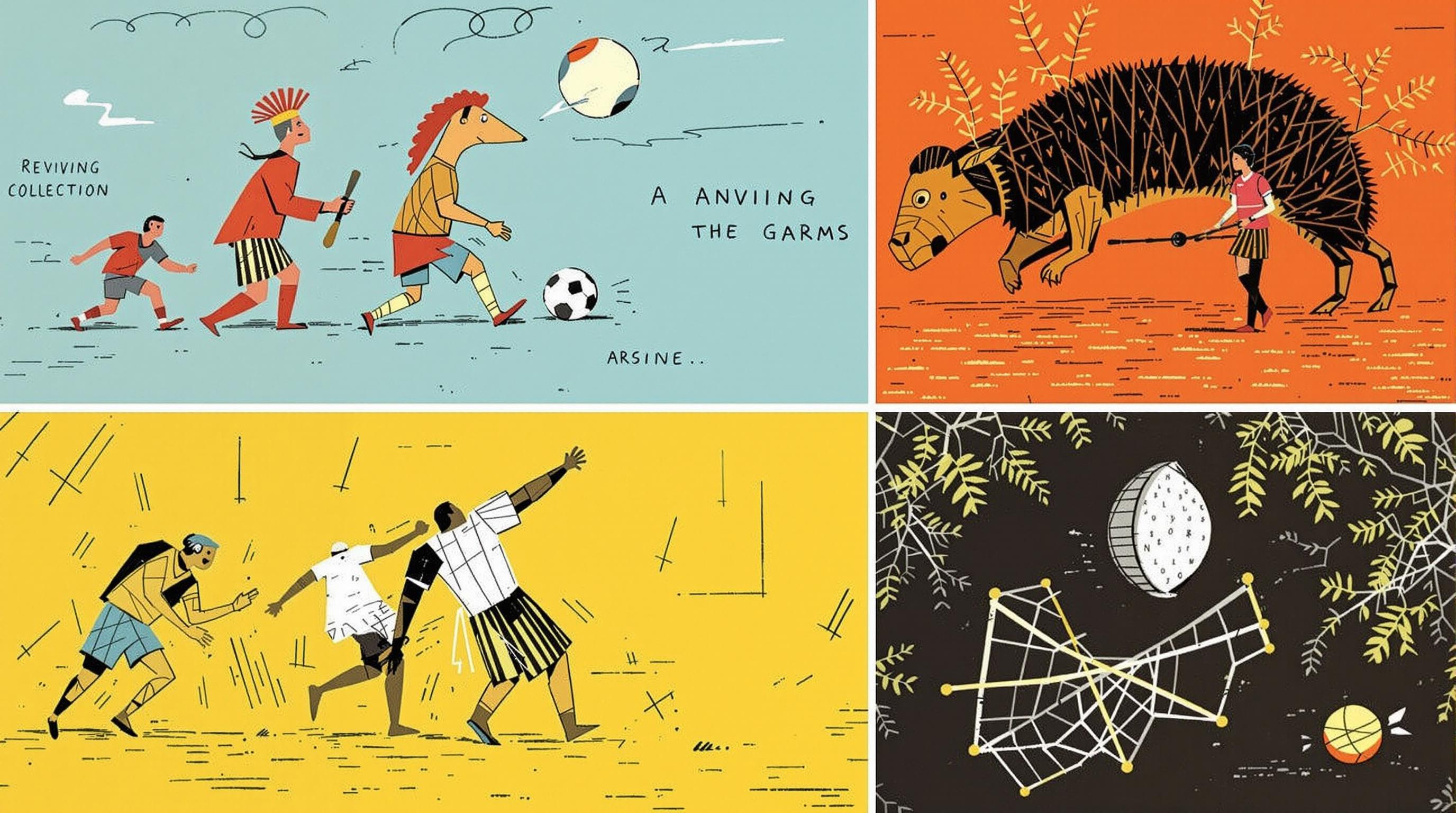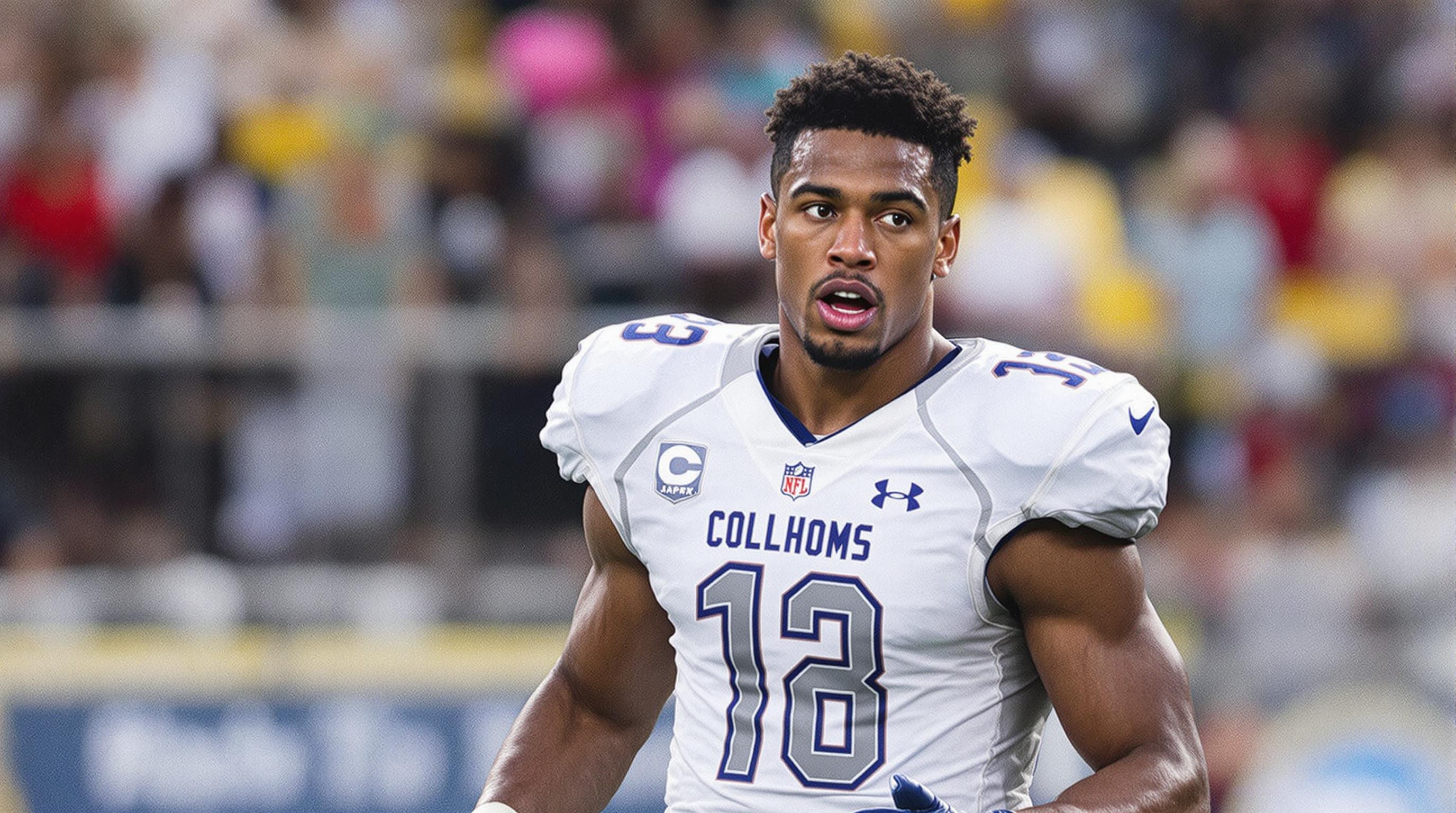Related Articles
- Cultural Collisions: How Colonialism and Conquest Transformed Games and Their Rules Across Continents
- The Eccentric Anomalies of Game Etiquette: Odd House Rules That Defied Generations
- Unveiling the Unconventional: The Role of Secret Societies in Shaping Game Regulations Across Time
- Revisiting the Cultural Phenomenon: How Iconic Championships Influenced Fashion Trends on and off the Field
- Revisiting the Aftermath: How Championship Wins Shape Community Identity and Local Economies
- The Role of Unexpected Weather Events in Shaping Championship Outcomes: A Tidal Wave of Influence
The Rise of Digital Fan Culture: How Online Communities are Reshaping Athletic Experiences
The Rise of Digital Fan Culture: How Online Communities are Reshaping Athletic Experiences
The digital age has birthed a vibrant fan culture that continuously transforms the landscape of athletics. Through online communities, fans now engage in richer, more interactive experiences that transcend traditional boundaries, reshaping their connection to sports forever.
The Rise of Online Communities
Gone are the days when fan engagement was limited to attending games in person or watching them on television. According to a 2022 report by the Sports Innovation Lab, 70% of sports fans now engage digitally with their favorite teams. This digital shift has led to the emergence of multiple platforms where fans can congregate, share insights, and create a sense of belonging beyond the stadium.
User-Generated Content
At the heart of this phenomenon is user-generated content (UGC). One of the most revolutionary aspects of social media is how fans can now generate their own content, from memes to highlight reels. For instance, during the 2022 FIFA World Cup, countless viral memes emerged within minutes of on-field events. These not only entertained fans but also fostered community and solidarity among disparate groups scattered across the globe.
Case Study: The Superfan Phenomenon
Take the example of Joe "Superfan" Miller, who gained notoriety after dressing up in elaborate costumes for his favorite NHL team, the Chicago Blackhawks. Joe started sharing his game day outfits on Instagram, which resonated with many fans. Eventually, Joe turned into an influencer with over 150,000 followers, showcasing how the digital realm can amplify personal fan expressions into a larger movement. His growth signifies how individual personalities thrive in community environments created by online interaction.
Global Connectivity
Digital fan culture also breaks geographical barriers. A simple tweet can connect fans across continents. For instance, during the Tokyo 2020 Olympics, fans from America, Australia, and Japan shared experiences in real-time via Twitter, creating a global dialogue around events that were happening more than 6,000 miles apart. This global interaction builds a tapestry of support, making fans feel part of something larger than themselves.
The 24/7 Fan Experience
The availability of live streams, highlight videos, and on-demand access means that fans no longer have to adhere to a strict game schedule. Instead, these fans can curate their own athletic experiences. With a report by Deloitte stating that 82% of millennials engage with sports content on social media platforms, it’s evident that we’re in an era where fans dictate their own level of involvement.
The Role of Technology
As technology continues to evolve, its integration into fan culture only deepens. Virtual Reality (VR) and Augmented Reality (AR) offer immersive experiences that can transport fans right into the heart of the action. For example, platforms like Oculus are experimenting with VR experiences that allow fans to "attend" games from the comfort of their homes. Such cutting-edge technology fosters a new layer of engagement that traditional viewing cannot replicate.
The Community Aspect
Nurturing a sense of community is fundamental to the digital fan experience. There are countless forums and Discord servers dedicated to discussing particular teams, players, or sports. Fans interact in real-time during games, strategizing and dissecting plays together. This sense of camaraderie often leads to meaningful friendships, bridging cultural differences through a shared passion for sports.
Conversational Approach
Ever been in a Twitter thread during a nail-biting final? You’re glued to your screen, heart racing, typing furiously alongside thousands of other fans. In those moments, it’s almost as if you’re all crammed into the same stadium, even if you're miles apart. Sounds too good to be true, right? Welcome to the new era of athletic experiences!
Challenges Faced by Digital Fan Culture
While plentiful perks come with this new fan dynamic, challenges also emerge. Online harassment, misinformation, and cyberbullying can taint the experience. An alarming statistic from a 2021 study by the University of California indicated that 48% of sports fans have witnessed or experienced some form of online harassment. Creating safe spaces for fan interactions is crucial in fostering positive online communities.
The Positive Impact on Mental Health
Interestingly, being part of these communities can have beneficial effects on mental health. Fans report feeling less isolated and more supported when engaging with fellow enthusiasts online. A 2022 study from the Journal of Sports Psychology found that 67% of participants felt that their involvement in online fan communities helped them cope with stress, especially during major sporting events. In times of global uncertainty, these digital relationships can offer a much-needed reprieve.
Persuasive Argument for Engagement
Why should you get involved? It’s simple: connecting with fellow fans can amplify your enjoyment of sports. Imagine a world where you can discuss your favorite player’s breaking news or dissect game strategies with people who share your passion! Don’t let geographical boundaries confine your enthusiasm. Join a community, engage, and discover how sports can draw people together in remarkable ways.
Future Trends and Innovations
As technology continues to advance, we can expect even more exciting trends within digital fan culture. Artificial Intelligence (AI) is on the verge of personalizing fan experiences, catering to individual preferences in content delivery. Moreover, brands are increasingly leveraging machine learning algorithms to shape tailored marketing strategies that resonate with their audiences.
The Evolving Role of Brands
Brands are recognizing this evolution and are actively engaging with fan communities. Teams, for example, utilize advanced insights to target content that fans are most interested in. This engagement might involve behind-the-scenes footage, exclusive interviews, and personalized merchandise offers based on fan behavior. These strategies are crucial for staying relevant within this fast-paced digital landscape.
Concluding Thoughts
In conclusion, the rise of digital fan culture has transformed athletic experiences in ways that were once hard to imagine. From online communities to personalized content delivery, fans now enjoy unprecedented access and engagement with their favorite sports and teams. As we look to the future, it’s important for fans, organizations, and brands to navigate this evolving landscape together, ensuring inclusion, safety, and joy for all who take part in this vibrant culture.
Ultimately, whether you are a seasoned sports enthusiast or a newcomer looking for a sense of community, digital fan culture offers a space where everyone can belong. Let’s continue to cheer together—virtually or otherwise!





